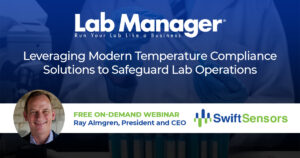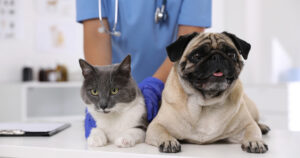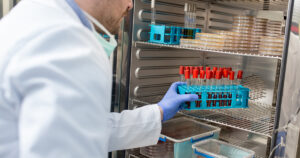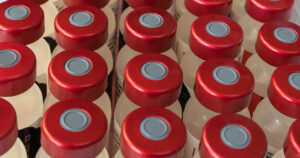Is Your Temperature Monitoring Failing You?
In many industries—from restaurants and medical labs to schools and manufacturing facilities—accurate temperature monitoring isn’t a luxury. It’s a necessity. Yet, too many organizations still rely on outdated, manual, or unreliable systems that silently cost them money, compliance, and peace of mind. The Illusion of “Good Enough” It’s easy to think your current temperature monitoring











